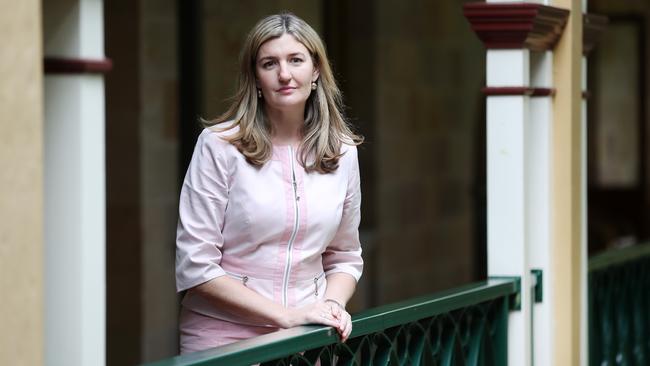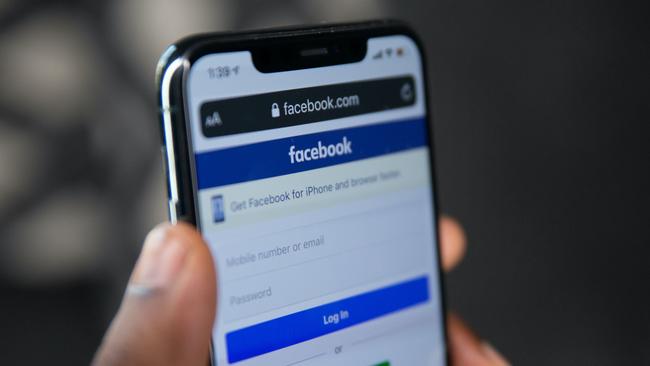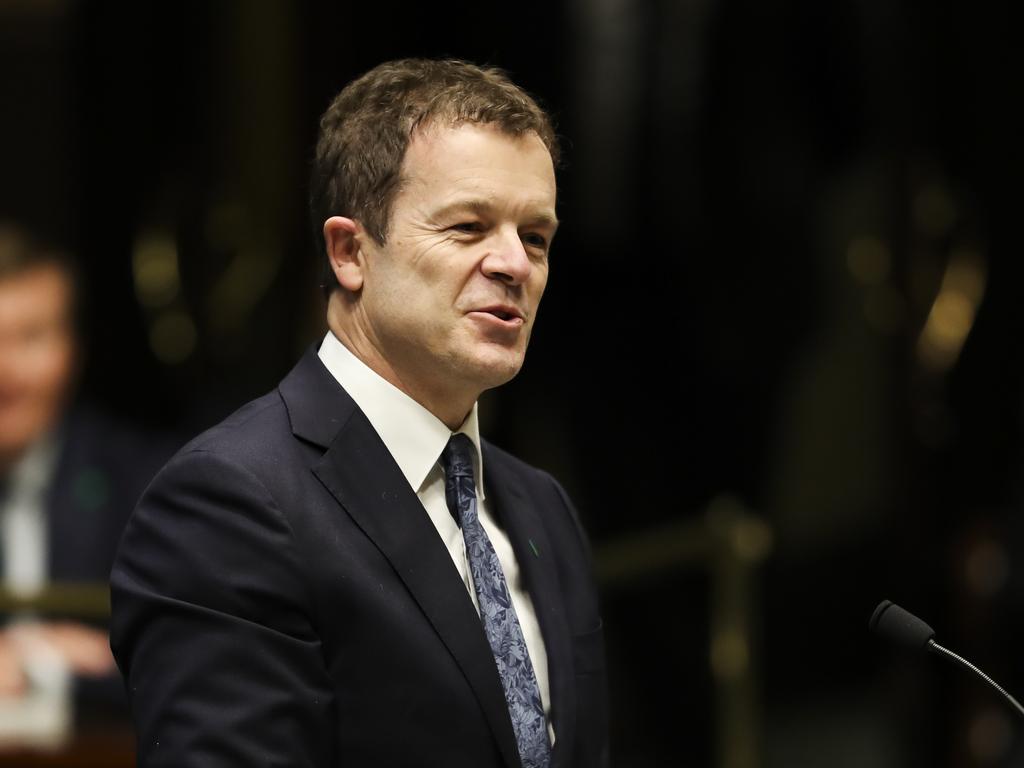Social media reined in by new laws on defamation
A second wave of national defamation law reform will seek to regulate the ‘wild west’ of social media.

A second wave of national defamation law reform will seek to regulate the “wild west” of social media and clarify who should be responsible for defamatory posts.
All Australian states and territories agreed to overhaul and uniform the nation’s outdated defamation laws in July 2020.
The first tranche of legislation shifted the balance towards freedom of expression with a public interest defence to better protect journalists and a “serious harm” test to prevent long and expensive litigation for trivial matters.
Before legal action is taken, plaintiffs must notify publications which statements they allege to be defamatory and detail the serious harm caused while corporations need to prove they sustained serious financial loss, or were likely to, because of the publication.
Victoria, NSW and South Australia passed stage one legislation last year and Queensland became the fourth state to join last week. The new regime will come into effect in those states on July 1.
Queensland Attorney-General Shannon Fentiman said uniformity across the various states’ laws would help stop plaintiffs forum shopping across jurisdictions.
The second stage of reforms is to examine how liable platforms, such as Google, Facebook and Twitter, should be for defamatory publications of a third party.
“These laws have not been updated since 2005, so stage two will effectively modernise Australia’s defamation laws to suit today’s technological advancements,” Ms Fentiman said.
“We need these laws to better protect us from defamation when using our iPhones, posting on Facebook, or commenting on Twitter.”
Ms Fentiman said that the changes would give journalists a stronger platform to argue a public interest defence.
“These amendments are such a critical step in protecting Queenslanders when they speak out,” she said. “By ensuring that Queensland is in line with the national approach, defamation laws will provide greater clarity to the courts, the community and the media.”
Queensland’s shadow Attorney-General Tim Nicholls said more than half of Australian cases relate to digital defamation.
“With only 21 per cent of the plaintiffs in judgments considered public figures, the reality is it is not MPs or sports stars or other people who might be considered to be public figures who are bringing these cases,” he said. “What is occurring is that neighbourhood disputes are increasing.
“The prevalence of Facebook and other digital platforms, allowing more people to have their say more permanently, more rapidly and with less consideration online, is driving more and more ordinary folk to go about defamation proceedings.”

Releasing a paper on stage two of the NSW-led review of national defamation laws in April, the state Attorney-General, Mark Speakman, said when uniform defamation laws were drafted more than 15 years ago, “social media was in its infancy and trolls were confined to children’s books”.
“This review acknowledges times have changed and asks whether internet giants … should be responsible for content posted by platform users,” he said.
The push to uniform defamation laws across Australia comes as the Queensland government prepares to deliver on its election promise to introduce a shield law for journalists.
Queensland is the only jurisdiction in Australia where journalists are not protected from revealing confidential sources.
“A free, independent and effective media is crucial for a strong democracy,” Ms Fentiman said.
“Journalists need to be protected when doing their jobs and Queenslanders need to be protected if they come forward with important information.”
Overruling the shield in corruption investigations, giving reporters total immunity from outing whistleblowers and allowing the protections to apply in domestic violence proceedings were among options on the table in a paper released on Friday.
Media Entertainment and Arts Alliance union state president Peter McCutcheon said shield laws were “critical”.
“Hopefully they introduce legislation by the end of the year, and then there will be the business of making these shield laws uniformed across states.”






To join the conversation, please log in. Don't have an account? Register
Join the conversation, you are commenting as Logout